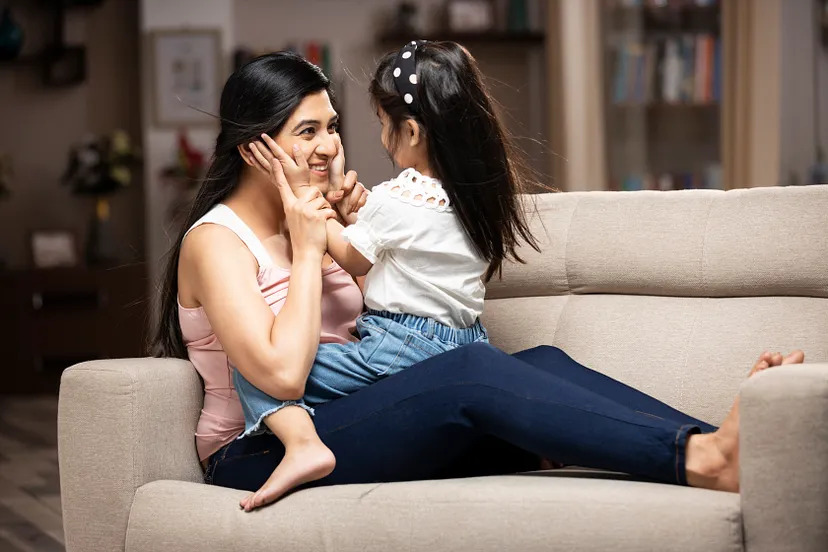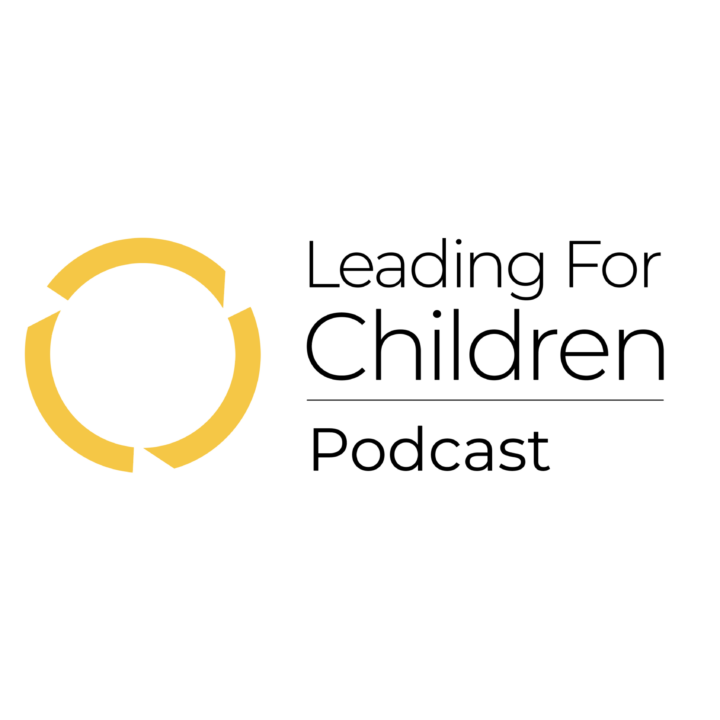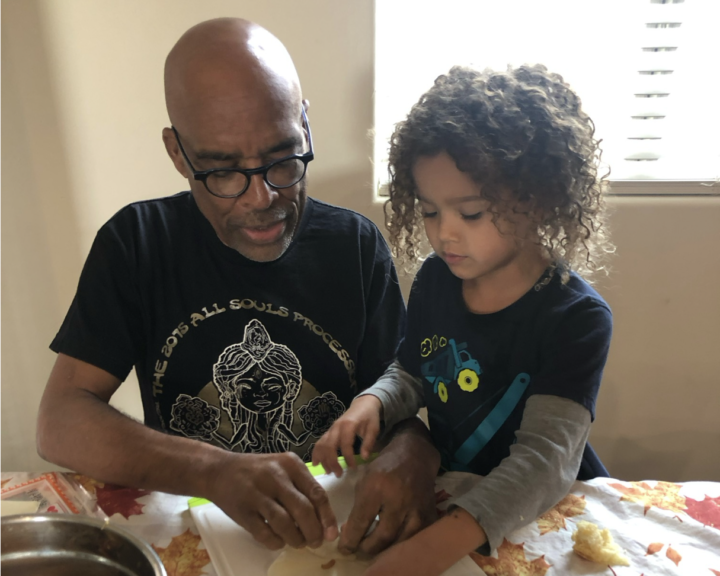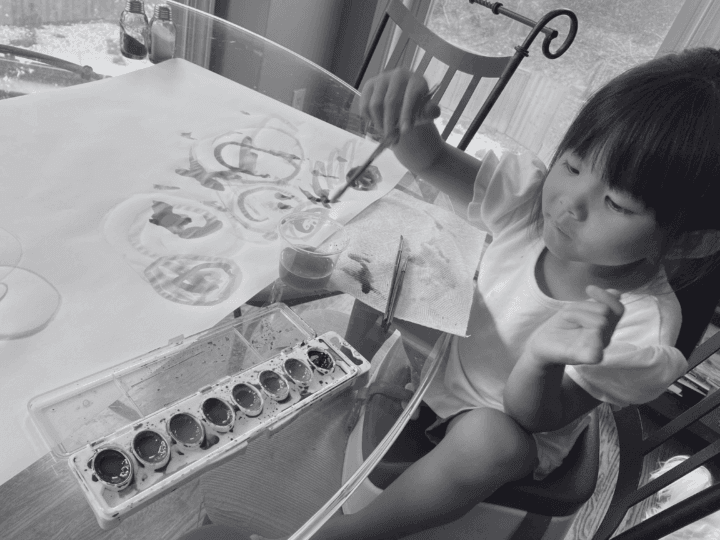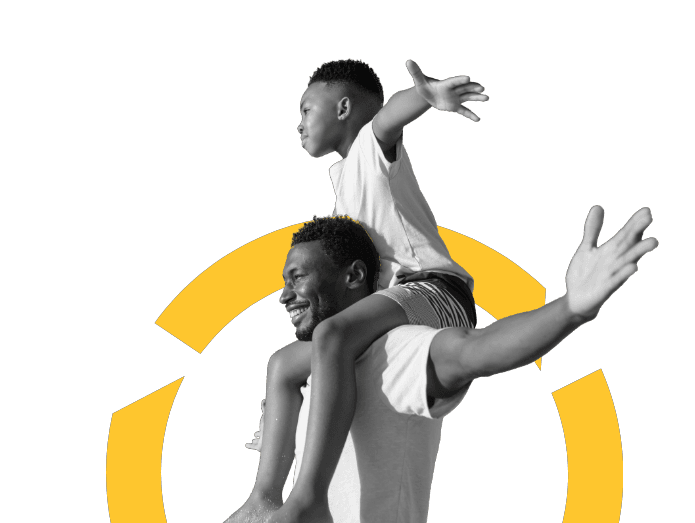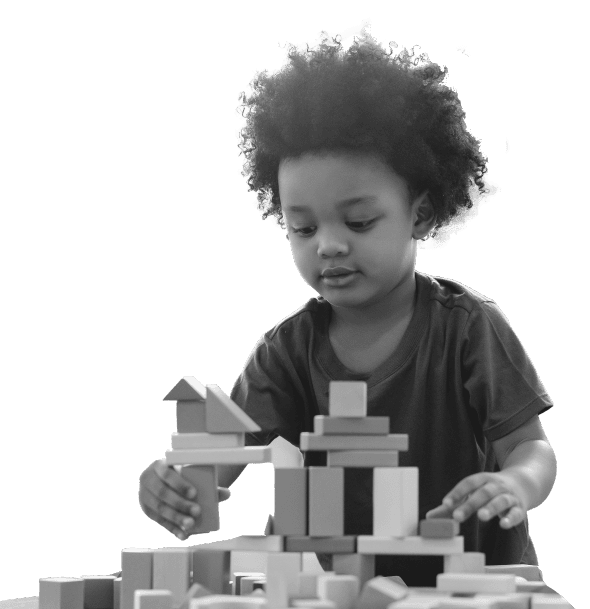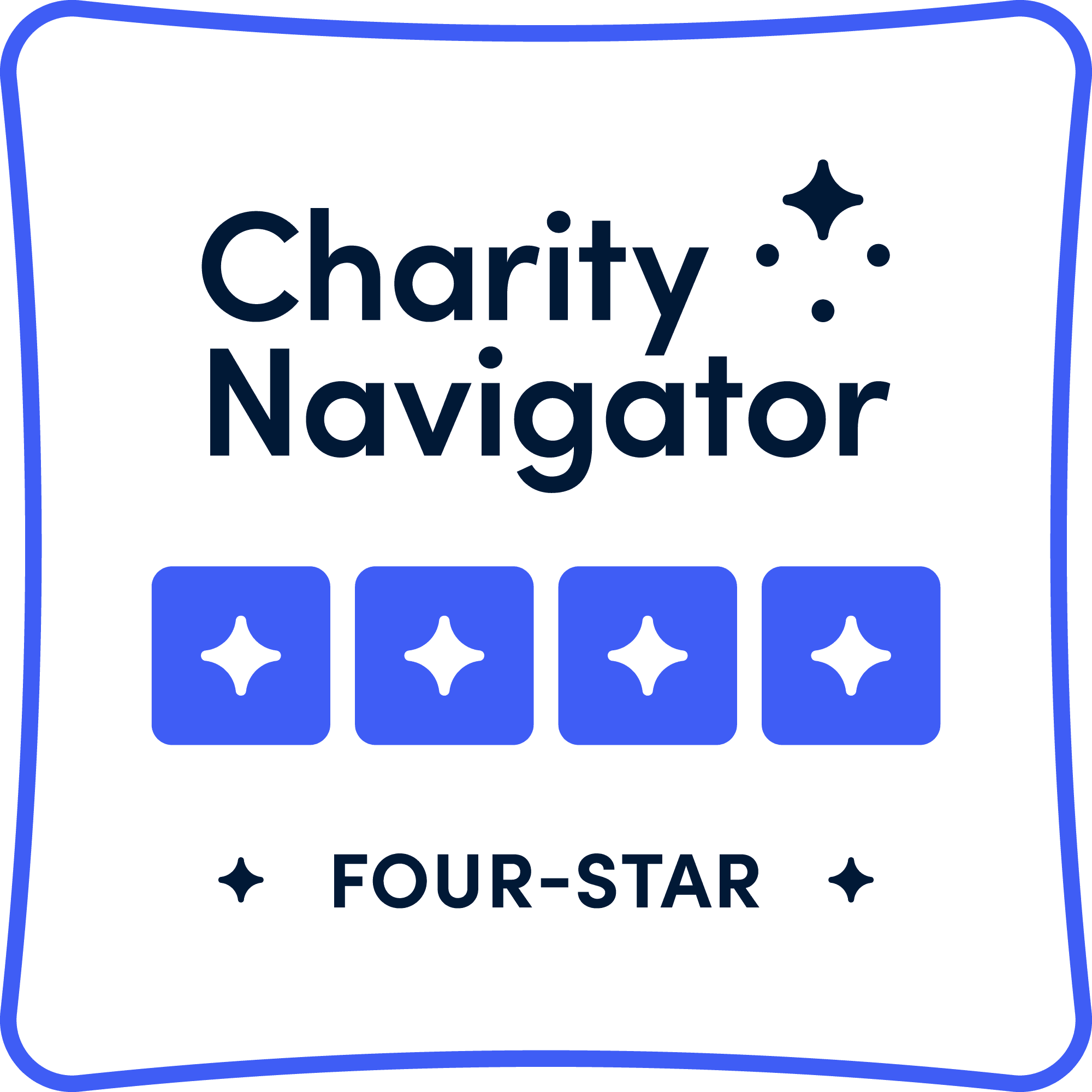By Judy Jablon and Nichole Parks
There’s power in honesty. Honesty can strengthen or undermine relationships and interactions. How we choose to be and use honesty makes the difference. We have a responsibility to act with intentional honesty across all our relationships and interactions if we’re going to create thriving communities for each other and our children.
Being honest is essential to equitable, respectful relationships. Honesty support awareness and sensitivity to diverse perspectives. Honest is also the first of our 11 Simple Rules to Create Thriving Communities for Children. Each month we will feature a simple rule and offer insights about how it can help us to be champions for children and build stronger communities.
This month, we welcomed our partners Carol Barton and Tanya Taylor from the Marin County Office of Education in California as guests to discuss the simple rule ‘HONEST’ on the latest episode of the Leading for Children Podcast. Our conversation examined how honesty impacts us as individuals, in our relationships, and in our interactions with children. Here’s a summary of questions we explored and we hope you’ll listen to the podcast.
We began by asking, what does it mean to be honest in relationships and interactions? We can be honest with ourselves, cultivating self-awareness to understand our true intentions, motivations, and impact on the world around us. We can be honest with others, revealing authenticity and sincerity. We can also be honest with others in the way we communicate information to them, ensuring that it is factual and accurate.
We explored complexities of honest communication. When we’re authentic and sincere, how much do we reveal? When are we ready to share who we are with another person? Depending on our experience and personal style, it can take time and trust before we let down our guard. How much is the right amount to share with others? Might the truth be hurtful to the other person? Might the person be too young or not in the right state of mind to carry the weight of the information we share? This brings us to a core question in understanding honest relationships and interactions: Does being honest mean that we have to tell it all?
To interact with honesty and compassion, it’s important to be intentional, using self-awareness and curiosity to pay attention to our needs and those of others. Being honest is about making choices. Questions to ask might be:
- What information do I want to share and with whom?
- What is my motive for sharing? Is sharing going to strengthen my relationship with this person?
- What do I choose to leave out and why?
- How do I respect my boundaries?
- How do I respect the boundaries of the other person?
In the podcast, Nichole offered: “When I’m deciding what to share, I ask myself, is this too heavy for them?” She will often give the person a choice. “I have something to tell you. It might be a little heavy. Can you carry it?”
We’ve written before about the importance of intentional interactions, and how holding to intentions isn’t always easy. The same applies to honest relationships and interactions. Pausing to think about who you are speaking with, their perspective, and your motives supports intentional decision-making and choice. Being honest with ourselves and with others intertwine — we can’t be honest in a healthy way without considering the impact on others.
Within our LFC Mutual Learning Networks, we’re seeing how our skills for engaging in honest and intentional relationships and interactions lead to increased trust and more courageous conversations. Relationships become easier to navigate. We’re more comfortable letting go of assumptions and biases in favor of genuine curiosity about others. It becomes easier to embrace curiosity and resist the urge to assume we already know an answer offering more space for two-way conversation.
Honesty leads to more honesty. Children see us modeling honesty with each other, and they experience the sense of safety and calm that comes with an honest environment. To make this goal of honest relationships and interactions a reality, adults need a place where it’s safe to practice honesty with ourselves and with others.
We invite you to consider how you can create honest spaces within your community. Is there someone who you can invite to practice honesty with you? Share with each other about your communication preferences and boundaries. Take time for the relationship to grow and develop. As you watch more honesty take shape over time, what impact do you see rippling to the children around you?
